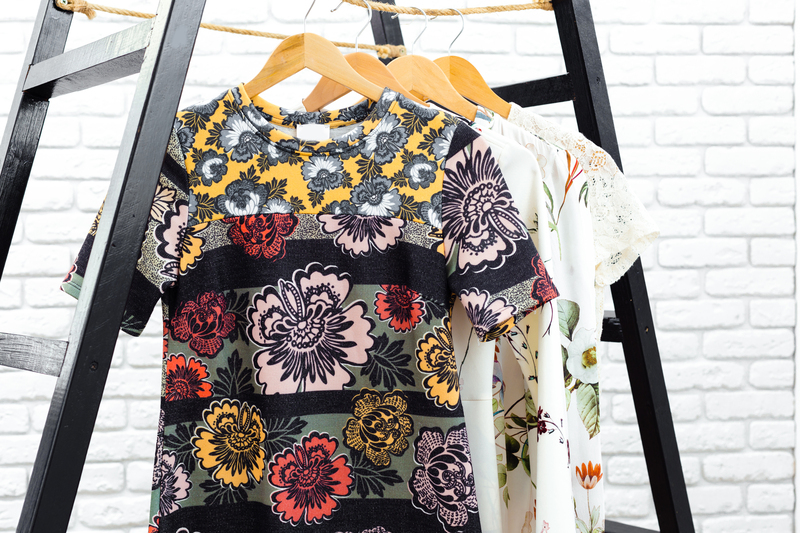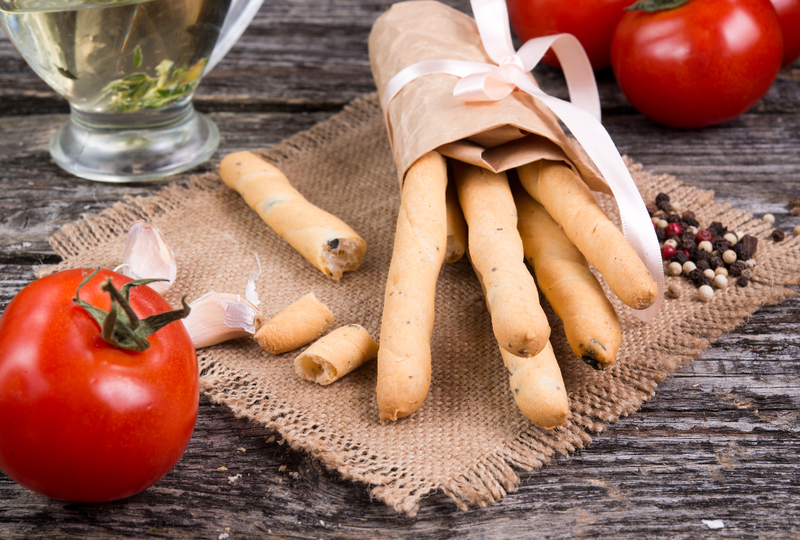Give Old Pots and Pans a New Life Through Recycling
Old pots and pans can quickly accumulate in your kitchen, taking up valuable space and gathering dust. However, before discarding them in the trash, consider the environmental value and creative potential of recycling your old cookware. In this comprehensive guide, you will discover why recycling pots and pans matters, the best recycling options, creative upcycling ideas, and practical tips to responsibly manage your old kitchenware.
Why Recycle Old Pots and Pans?
Recycling old pots and pans is about more than just clearing clutter from your home. It plays a significant role in promoting sustainability, minimizing waste, and conserving natural resources. Here's why you should give your unwanted cookware a second life:
- Reduces landfill waste: Metal cookware can take decades or longer to break down in a landfill, leaching harmful substances into the environment.
- Conserves resources: Recycling metals requires less energy than mining and refining new ores, helping conserve energy and raw materials.
- Promotes a circular economy: Turning your old pans and pots into new products contributes to a sustainable life cycle for household goods.
- Supports eco-friendly habits: Managing waste responsibly sets a positive example for family, friends, and the community.

What Are Pots and Pans Made Of?
To recycle cookware efficiently, it's helpful to know the materials in your pots and pans. Most kitchen cookware falls into these categories:
- Stainless Steel
- Aluminum
- Copper
- Cast Iron
- Non-stick Coated (Teflon and similar materials)
- Enamel-Coated
Each material has its own recycling requirements, so proper identification can make the process smoother and more effective.
How to Prepare Old Pots and Pans for Recycling
Before recycling your old cookware, take a few minor steps to maximize their recyclability and ensure the recycling process is efficient.
- Check for hazardous parts: Remove plastic, wooden, or rubber handles if possible. Most recycling centers only accept pure metals.
- Clean your cookware: While pots don't need to be spotless, scrape off food residues and oil to avoid contaminating recyclable loads.
- Separate different materials: If your cookware contains mixed metals or non-metallic parts, separate them as much as possible.
- Determine metal type: Use a magnet -- if it sticks, your pot is likely steel or iron; if not, it's probably aluminum or copper.
Where to Recycle Old Pots and Pans
Local Scrap Metal Yards
Scrap metal facilities are often the best option for recycling pots and pans made of metal. These businesses accept stainless steel, copper, cast iron, and aluminum, offering the following benefits:
- Most inclusive: They generally take all metal items, even if they're worn or damaged.
- Potential payout: Some yards pay for scrap metal, especially copper and aluminum.
- Easy drop-off: Simply bring your cleaned pots and pans for quick disposal.
Municipal Recycling Programs
Some local recycling centers and curbside recycling programs accept certain types of cookware. It's essential to:
- Check guidelines: Visit your city or county's website or call their recycling hotline for current policies on metal item recycling.
- Prepare for special requirements: Some programs may require you to separate handles or bring cookware directly to the center.
Manufacturer Take-Back Programs
Some cookware brands offer recycling programs for their products. These initiatives often allow you to send used items back for responsible recycling or even discounted new purchases. Examples include:
- Le Creuset: Accepts old cast iron pots for recycling through select partners.
- Calphalon: Sometimes features mail-in recycling for non-stick pans.
- Other brands: Check your manufacturer's website for potential recycling or trade-in programs.
Donation Centers and Charity Shops
If your old pots and pans are still functional, donating them is a fantastic way to extend their life. Consider these options:
- Thrift stores: Local shops often accept gently used cookware.
- Homeless shelters and community kitchens: Many organizations welcome cookware donations for serving meals.
- Online giving platforms: Sites like Freecycle help connect you with people in need who can reuse your old kitchenware.
Upcycling: Creative Ways to Repurpose Old Cookware
If recycling isn't feasible -- or if you love DIY projects -- give your old pots and pans creative new lives through upcycling! Here are some fun, practical, and imaginative ideas to repurpose cookware at home.
Garden and Outdoor Uses
- Flower planters: Drill drainage holes in pots and paint them for quirky, rustic planters.
- Bird baths or feeders: Large pans make excellent bird baths or seed trays in the garden.
- Herb gardens: Create a patio garden by nesting pans for a tiered herb display.
Home Decor Projects
- Wall art: Turn vintage or unusual pans into wall hangings by attaching hooks and painting or engraving them.
- Clocks: Add a clock mechanism to an old frying pan and create a unique kitchen timepiece.
- Candle holders: Use small pots for safe candle displays or table centerpieces.
Storage and Organization Solutions
- Desk organizers: Use saucepans as holders for pens, scissors, or craft supplies in your workspace.
- Jewelry trays: Shallow pans or lids are perfect for organizing beads and jewelry.
- Tool bins: Sturdy metal pans can become handy bins for gardening or workshop tools.
Recycling Non-Stick and Specialty Cookware
Non-stick pans (such as those with Teflon coating) pose challenges for recycling due to their coatings. Here are your options:
- Scrap yards with separation equipment: Some facilities can strip and recycle the metal base.
- Manufacturer programs: Certain brands recycle or safely dispose of non-stick coatings--contact customer support for options.
- Reuse or repurpose: Consider upcycling non-stick cookware as planters or craft tools; avoid cooking use if the coating is damaged.
Can You Recycle Cookware with Plastic or Wood Handles?
Many recycling centers only accept pure metals. If your cookware has plastic or wood handles, remove these parts before recycling. If they can't be removed, consult your chosen recycling facility to see if they accept mixed-material items or provide additional guidance.
Tips for Responsible Cookware Disposal
Responsible cookware recycling is not just about finding a drop-off center--it's about finding the most sustainable path for each item. Here are some handy tips to keep in mind:
- Check with local recycling offices: Rules and capabilities vary widely by region.
- Clean before disposal: Thoroughly clean and remove all food residues or grease which may affect recyclability.
- Research before donating: Only donate items that are safe and functional for others to use.
- Be cautious with specialty materials: Items like enameled cast iron, Teflon-coated pans, or pans with significant plastic parts may need special handling.
- Take advantage of community events: Many towns host periodic metal recycling drives--perfect for getting rid of accumulated cookware responsibly.
Benefits of Recycling Cookware
Environmental Impact
Giving old pots and pans a new life through recycling has a substantial positive effect on the planet. Recycling metals preserves finite resources, reduces greenhouse gas emissions, and helps minimize the ecological footprint of manufacturing new cookware.
Social Impact
When you donate usable cookware, you help families, communities, and organizations in need. Workshops, community kitchens, and shelters often rely on such donations to serve others.
Economic Benefits
Recycling can have financial incentives, too--scrap metal has cash value, and manufacturer incentives or trade-in programs can offset the cost of your next kitchen purchase.

Frequently Asked Questions
Can I Put Old Pots and Pans in My Recycling Bin?
Usually not. Most city recycling programs don't accept cookware in curbside bins because they're too heavy, large, or made from mixed materials. *Always check with your local waste management services first.*
Do Thrift Shops Want Used Pots and Pans?
If your cookware is still usable and clean, many thrift stores and charities happily accept them. Call ahead to confirm your local guidelines and donation hours.
What About Worn-Out Nonstick Pans?
Pans with scratched or damaged coatings should not be used for cooking, but may be accepted at certain scrap metal facilities or via manufacturer programs. Never put Teflon-coated pans in your regular recycling bin.
Conclusion: Make a Difference by Recycling Old Pots and Pans
Old pots and pans don't have to clutter your kitchen or end up in the landfill. With the right approach, you can give your old cookware a second life--whether by recycling materials, donating useful pieces, or unleashing your creativity through upcycling. Every effort helps to conserve the environment, support communities, and foster a culture of sustainability. The next time you replace old kitchenware, remember these tips to make the most eco-friendly choice, and encourage others to do the same. Your small steps today can lead to a healthier planet tomorrow!
